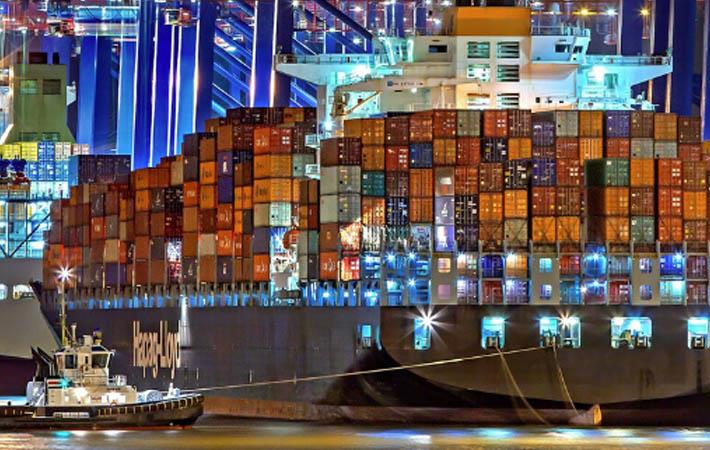The British Retail Consortium (BRC) recently launched a report, titled ‘A Fair Deal for Consumers: EU Trade Roadmap’, outlining the retail industry’s priorities for the upcoming government negotiations with the European Union. The roadmap calls for pragmatic solutions on future compliance and regulatory checks that will apply from January 2021.
Without these, consumers will face higher costs and reduced availability of goods, BRC said in a press release.The British Retail Consortium (BRC) recently launched a report, titled 'A Fair Deal for Consumers: EU Trade Roadmap', outlining the retail industry's priorities for the upcoming government negotiations with the European Union. The roadmap calls for pragmatic solutions on future compliance and regulatory checks that will apply from January 2021.#
Almost 80 per cent of all the food that UK retailers import comes from the EU, making the EU negotiation particularly important for these essential goods. Most of this comes through Dover and Folkestone, the UK’s largest roll-on/roll-off ports, which handle almost 7,000 lorries every day (up to 10,000 during peak periods).
While the report makes clear that there is no possibility of return to frictionless trade under the government’s red lines, key mitigations that could reduce the impact on consumers and retailers include a zero-tariff trade deal; cooperation with the EU to minimise trade friction; coordination on value added tax (VAT), customs and excise procedures; advance information on new checks and paperwork; and timely construction of necessary infrastructure at UK ports, BRC said.
Without pragmatic solutions and agreements with the EU, companies may be required to produce VAT and excise documents, freight documents, health and veterinary paperwork, export health certificates, exit and entry summary declarations, and safety and security permits.
The report urged the government to establish import and export processes along with the infrastructure needed to conduct necessary checks. Staff will need to be hired and trained to carry out these checks. Information technology systems must be adapted and tested.
Holding facilities for lorries, particularly at Dover and Folkestone, will need to be constructed, the report added.
Fibre2Fashion News Desk (DS)
